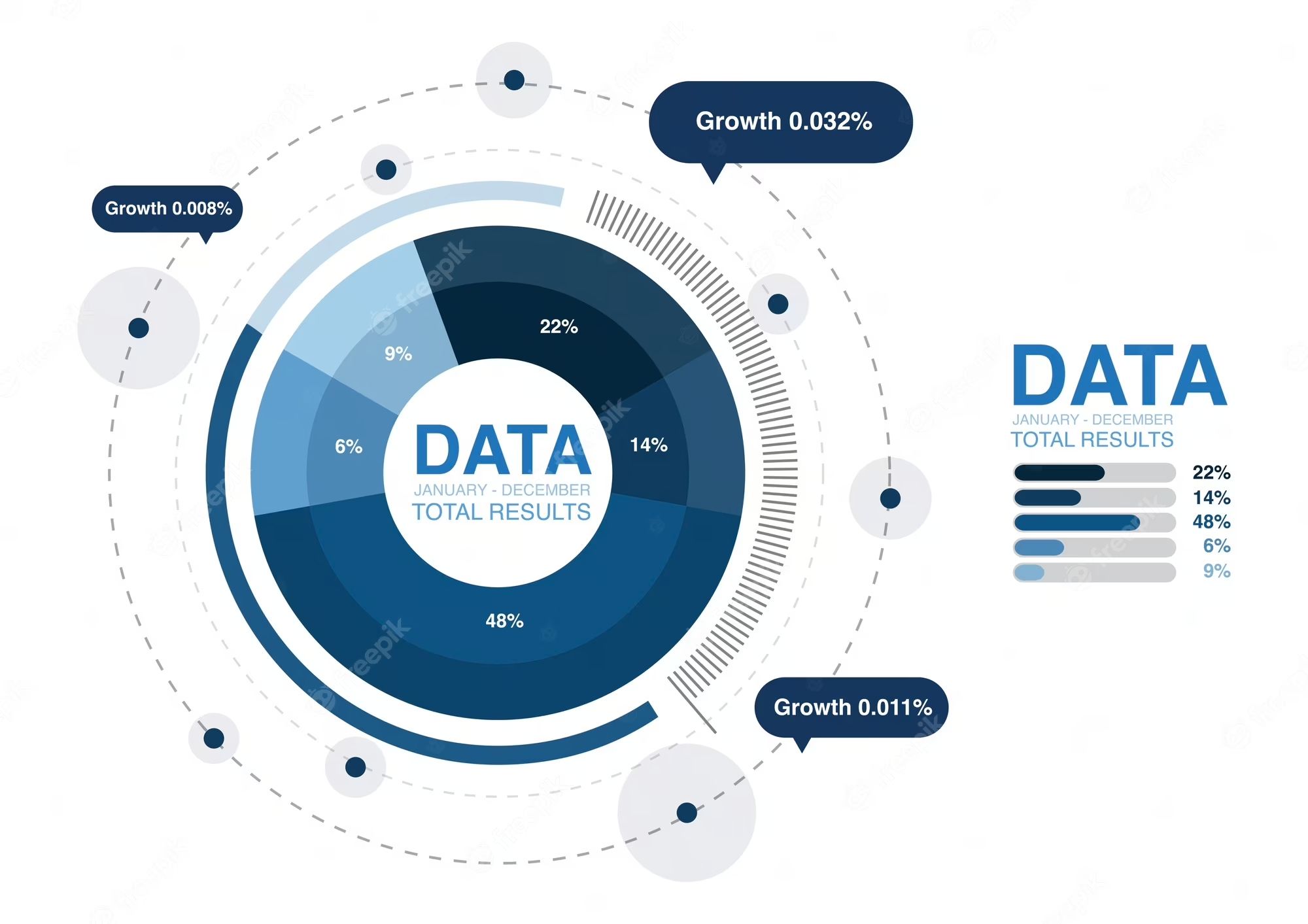How to Optimize D2C Product Performance in India Using Data-Driven Decision-Making?

In today’s fast-paced digital world, D2C brands in India are constantly striving to optimize their product performance across multiple channels to stay ahead of the competition. With the abundance of data available, the role of data-driven decision-making has become crucial in helping these brands make informed decisions and improve their overall performance. In this blog post, we will discuss the importance of data-driven decision-making and how it can help D2C brands optimize their product performance across multiple channels in India.
Table of Contents:
I. What is data-driven decision-making?
II. The importance of data-driven decision-making for D2C brands in India
III. How data-driven decision-making can optimize product performance across multiple channels for D2C brands in India
IV. Implementing data-driven decision-making for D2C brands in India
V. Challenges of data-driven decision-making for D2C brands in India
VI. Conclusion
What is data-driven decision-making?
Data-driven decision-making is the process of making decisions based on data analysis and insights. In the context of D2C brands in India, data-driven decision-making involves collecting, analyzing, and interpreting data to gain insights into customer behavior, product performance, and other relevant metrics. This data is then used to inform business decisions and strategies, ultimately improving the overall performance of the brand.
The importance of data-driven decision-making for D2C brands in India
In today's digital landscape, D2C brands in India have access to a vast amount of data from various sources such as social media, e-commerce platforms, and customer reviews.

By utilizing this data and implementing data-driven decision-making, these brands can gain a competitive advantage and make informed decisions that can drive business growth.
By using data-driven decision-making, D2C brands in India can optimize their product performance across multiple channels. For example, analyzing customer behavior and sales data can help brands identify the most effective channels to market their products and adjust their marketing strategies accordingly. Additionally, analyzing customer feedback can help brands identify product issues and make necessary improvements to optimize product performance.
Implementing data-driven decision-making for D2C brands in India
Implementing data-driven decision-making for D2C brands in India requires a comprehensive approach that includes collecting and analyzing relevant data, identifying key performance metrics, and implementing data-driven strategies. This may require investment in data analytics tools and hiring data professionals to help with data analysis and interpretation.
Challenges of data-driven decision-making for D2C brands in India.
While data-driven decision-making can provide valuable insights for D2C brands in India, there are also challenges that must be addressed. One challenge is the complexity of data analysis and interpretation, which may require expertise and resources that not all brands have. Additionally, data privacy and security concerns must be addressed when collecting and storing customer data.
Conclusion
In conclusion, data-driven decision-making is crucial for optimizing product performance across multiple channels for D2C brands in India. By analyzing data and gaining insights into customer behavior, product performance, and other relevant metrics, D2C brands can make informed decisions that drive business growth. While implementing data-driven decision-making may come with challenges, the benefits of this approach far outweigh the costs. By utilizing data-driven decision-making, D2C brands in India can stay ahead of the competition and achieve long-term success.
FAQs
What is D2C?
D2C stands for Direct-to-Consumer. It is a business model where brands sell their products directly to customers without involving any middlemen.
What are the benefits of data-driven decision-making for D2C brands?
Data-driven decision-making helps D2C brands optimize their product performance across multiple channels by providing insights into customer behavior, preferences, and trends. This helps brands make informed decisions about product development, marketing, and sales.
What kind of data do D2C brands use for data-driven decision-making?
D2C brands use a variety of data sources for data-driven decision-making, including customer behavior data, social media analytics, sales data, and website traffic data.
How do D2C brands use data to optimize product performance across multiple channels?
D2C brands use data to understand customer behavior, preferences, and trends, which helps them optimize their product offerings, marketing strategies, and sales channels to meet customer needs and increase revenue.
What are some common challenges faced by D2C brands in data-driven decision-making?

Some common challenges faced by D2C brands in data-driven decision-making include managing and analyzing large amounts of data, integrating data from multiple sources, and ensuring data accuracy and privacy.
How important is data visualization for data-driven decision-making in D2C?
Data visualization plays a critical role in data-driven decision-making for D2C brands as it helps to communicate complex data insights in a clear and understandable way.
What role does artificial intelligence play in data-driven decision-making for D2C brands?
Artificial intelligence (AI) plays a crucial role in data-driven decision-making for D2C brands by enabling advanced analytics, predictive modeling, and automated decision-making.
What are some examples of successful data-driven decision-making in D2C?
Some examples of successful data-driven decision-making in D2C include personalized product recommendations, targeted advertising campaigns, and optimized pricing strategies based on customer behavior data.
How can D2C brands ensure data privacy and security in data-driven decision-making?
D2C brands can ensure data privacy and security in data-driven decision-making by implementing data protection measures such as encryption, access controls, and regular data audits.
How can D2C brands get started with data-driven decision-making?
D2C brands can get started with data-driven decision-making by defining clear business objectives, identifying relevant data sources, and investing in the right data analytics tools and resources.




